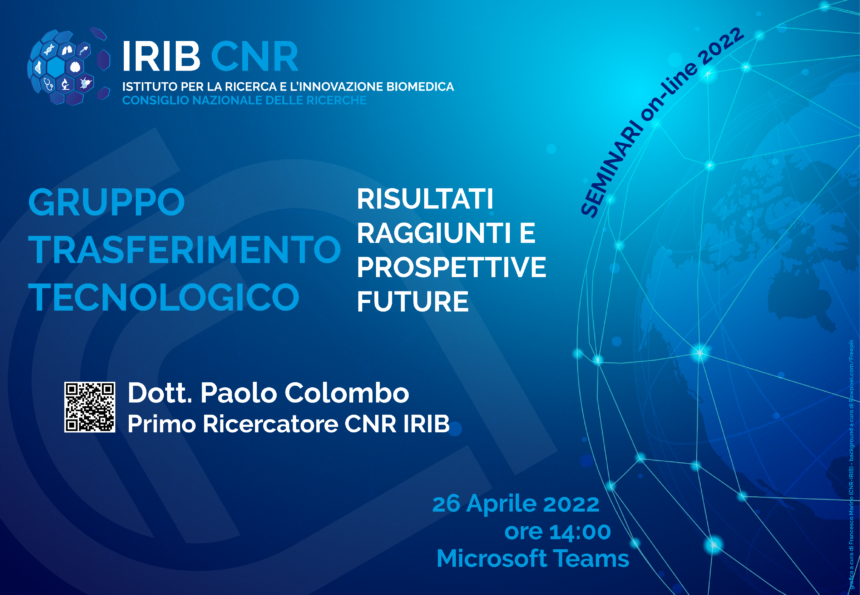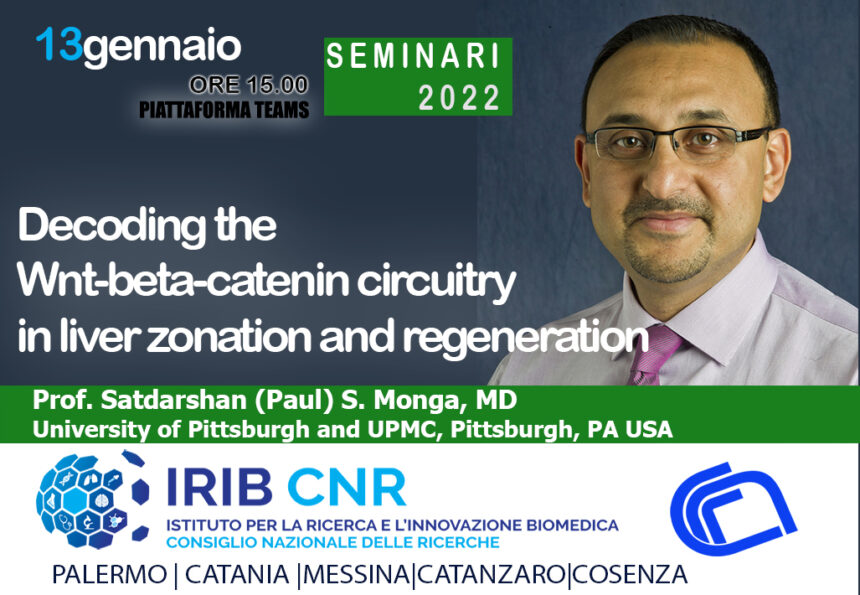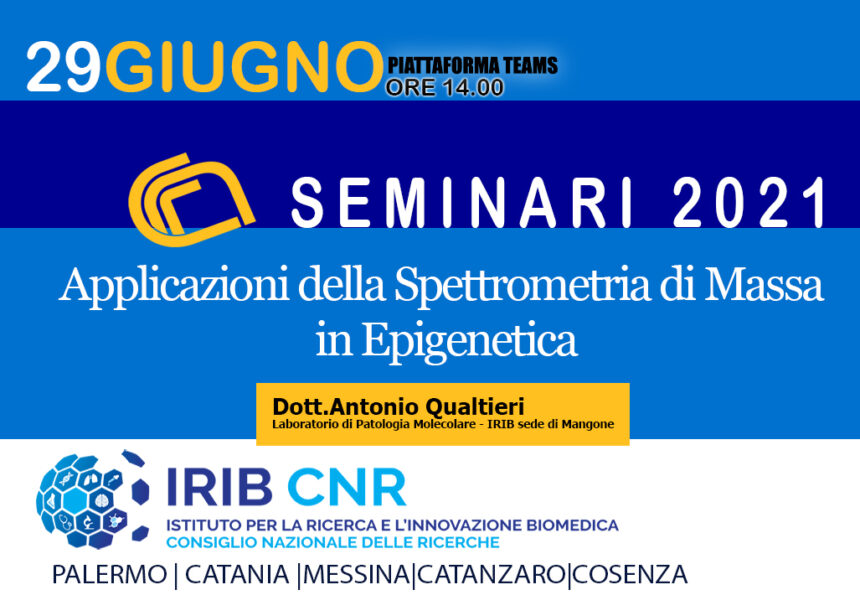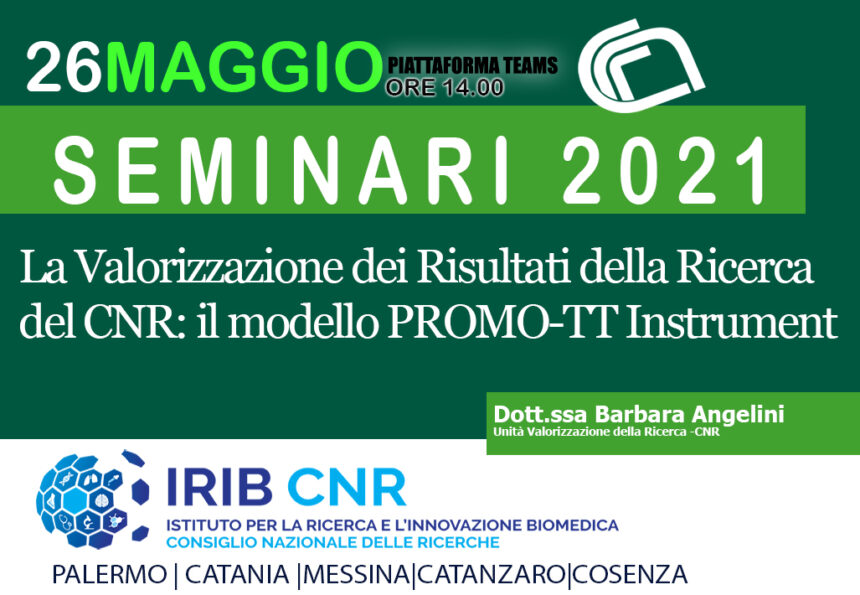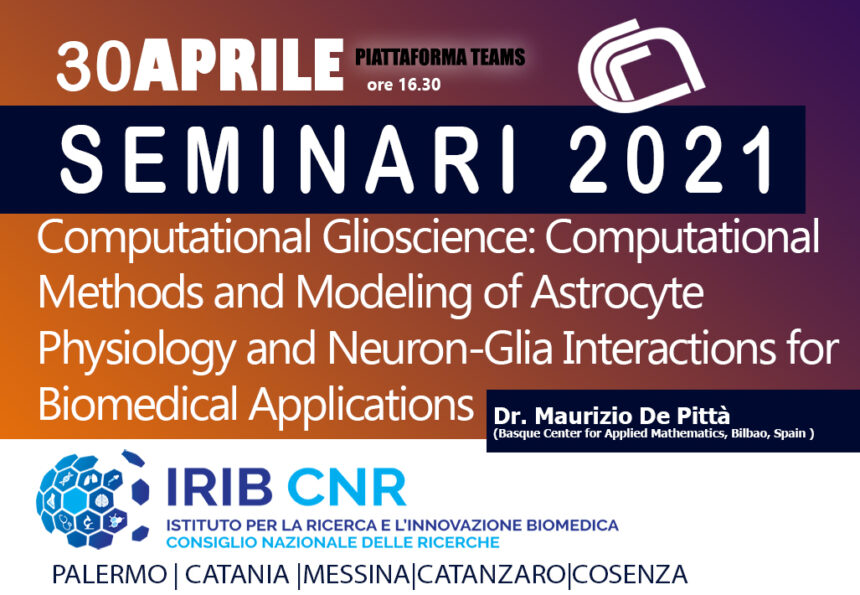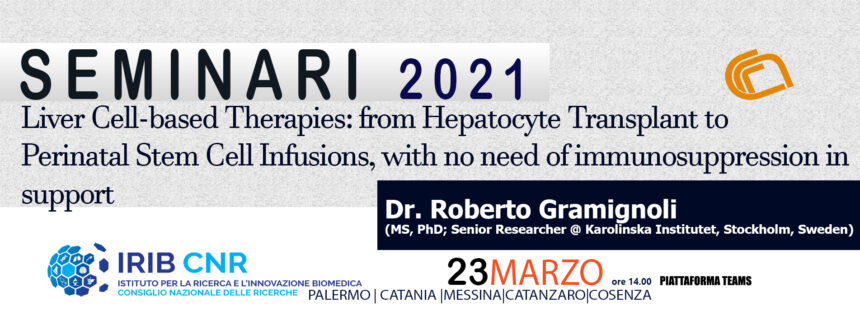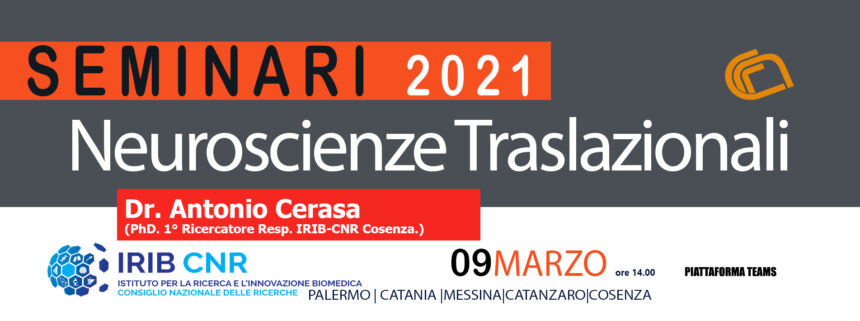Dr Roberto Gramignoli
MS, PhD; Senior Researcher @ Karolinska Institutet, Stockholm, Sweden.
Seminario: “Liver Cell-based Therapies: from Hepatocyte Transplant to
Perinatal Stem Cell Infusions, with no need of immunosuppression in
support “.
23/03/2021 alle 14.00 su TEAMS
Abstract:
Cell transplantation and genetic therapies are promising approaches for the treatment of liver diseases. Our laboratory has always been pioneering in the translation of hepatocyte transplant technology from bench to clinic. But the limited availability of cells in addition to the immunosuppressant regiment required to sustain long-term engraftment have been encouraging the use of alternative cell sources. The use of genetic approaches or reprogrammed cells in clinical programs is delayed by their genetic and epigenetic instabilities, limited hepatic maturation, with a further negative caveat represented by the chronic inflammatory milieu, which could favor oncogenic transformation of transplanted cells. Perinatal stem cells, and particularly the amnion-derived epithelial (AE) cells, may represent an ideal alternative, where unlimited source of multipotent, anti-inflammatory stem cells can be infused without immunosuppression.
We were the first to report stem cell nature and safety in using AE cells. Encouraged by the expression of genes that could correct human metabolic liver diseases and the lack of tumorigenicity, we tested the hypothesis that AE transplants could correct human metabolic liver diseases. We corrected amino acid and neurotransmitter imbalances in relevant animal models of human rare diseases. Additional studies describe AE therapy suppressing inflammation and restoring normal architecture.
In immune-competent animals and patients, AE engrafted and survived without administration of immunosuppressive drugs. We conducted studies on AE interactions with immune cells, identifying different cellular pathways playing key roles in modulation, without impairing immune response.
In conclusions, the ability to treat the most common (liver) diseases with one stem cell therapy without the administration of immunosuppressive drugs could be a “game-changer” and will greatly expand the number of patients who could benefit from cellular therapies. Based on AE safety and successful preclinical transplants, approval was granted to begin banking AE cells under cGMP condition at Karolinska Institutet, and to perform AE transplants on 10 patients with liver disease.

